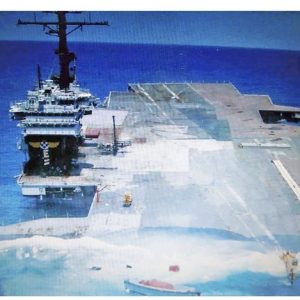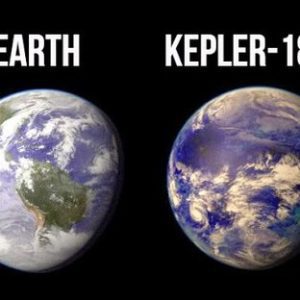
In addition to some of the excellent answers already given there’s:
- Saltwater would seriously contaminate the areas around the fire – I take it that you have never seen the aftermath of a suppressed fire, questioner, as there’s a LOT of water used in most cases and since it’s freshwater there are no efforts to remediate it. However if salt or brackish water is used the damage to the landscaping and surrounding structures, vehicles and equipment would be substantial.
- The environmental damage could be significant – Thousands or tens thousands of gallons could create serious ecological damage to an area that freshwater will not. In times past that might have been overlooked; however in today’s environmentally conscious and litigious society that could prove costly.
- There are far fewer fires overall – One of the reasons that city fire departments adopted emergency medical service programs (EMS) in 1970s was that overall fire safety training and things like smoke detectors cut down the number of fires that they could respond to. Most fire departments these days respond to medical calls, chemical spills, and vehicular accidents more so than fires making the costs of adopting a saltwater system too costly for a minimal need.
- Saltwater can be injurious to human beings – Firefighters are exposed to a number of toxins and pathogens on a daily basis. It’s difficult to see how their employers or their respective unions would look kindly at the added problems and costs of exposure to high pressure saltwater for years on end. Their insurers certainly wouldn’t appreciate it.
IF freshwater becomes scarce enough to make firefighting seriously have to change what they use to fight fires it seem more likely that they would look towards chemical suppression foams of some type or treated grey water as a replacement for potable drinking water.






